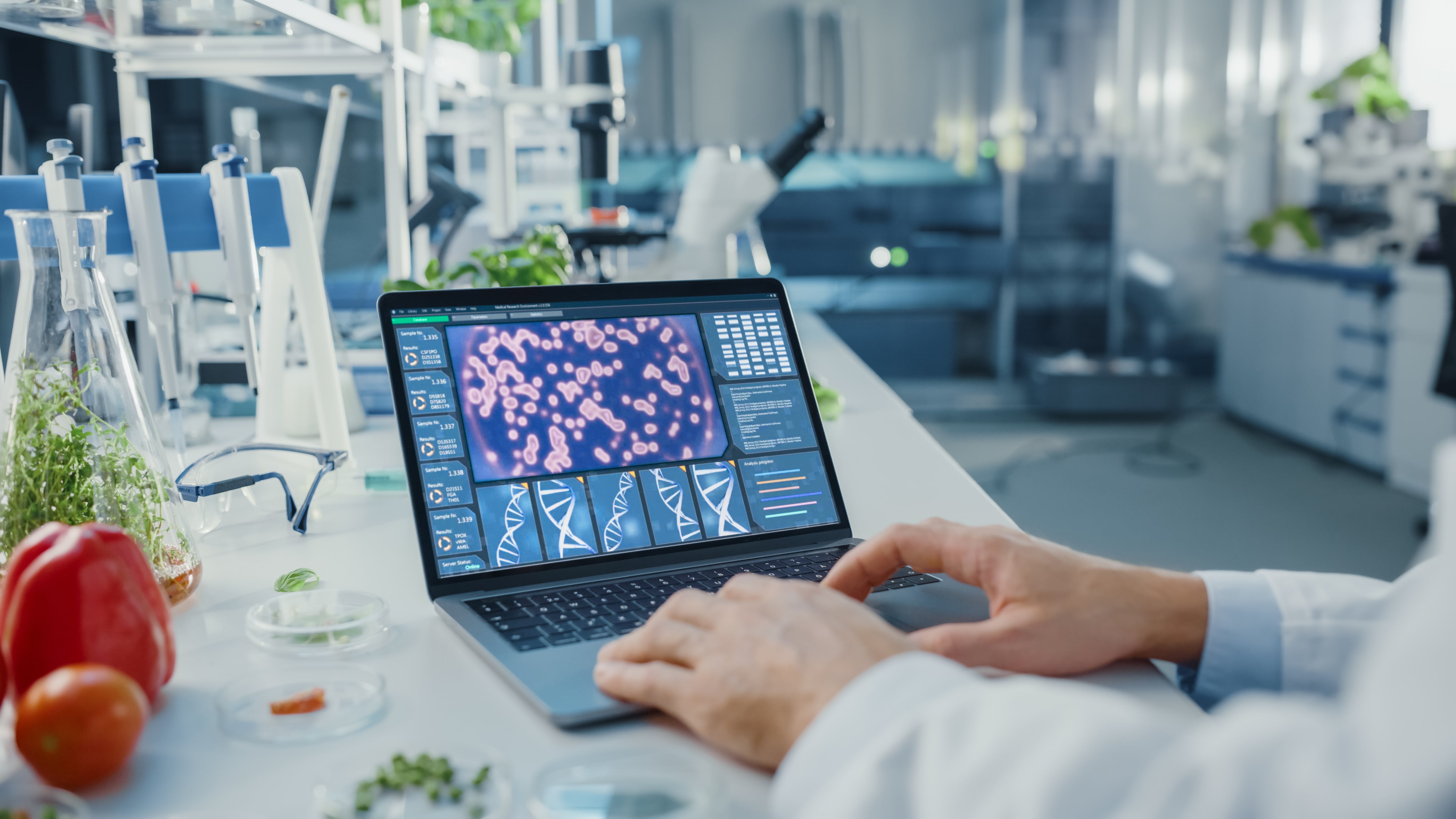
Biosyntia Raises $1.9M to Engineer Vitamin-producing Microbes
Biosyntia Raises $1.9M to Engineer Vitamin-producing Microbes
The Danish company Biosyntia has recently closed a $1.9M financing round led by Novo Seeds - one of the largest life science investors in Denmark - to establish a biobased vitamin production platform."Our goal is to disrupt the vitamin market by delivering more sustainable and healthy vitamins. We are establishing a broad technology platform and focus on using this platform to achieve bio-based vitamin production", said Morten Sommer, Co-founder of Biosyntia.
How does Biosyntia’s core technology work?
Biosyntia engineers microbes to produce chemicals for the food and feed ingredient markets. Traditional processes of strain engineering build and test up to a thousand different pathways, however, Biosyntia has developed a directed evolution method called synthetic selection that greatly accelerates this process. This development creates a million different pathways that can be selected for their highest productivity of the chemical. This patent pending high-throughput screening technology enables a low number of false positives – less than 1 in a 100 million – resulting in selection of chemical-producing E. coli colonies.

"In essence, Biosyntia burns down the haystack rather than looking for the needle one straw at a time", said Hans Genée, Co-founder of Biosyntia.The microbial engineering technology, which can also be applied to yeast, relies on biosensors that trigger survival mode within the cell exposed to certain chemicals. Essentially, survival mode activates the expression of reporter genes that direct the evolution of the strain. With this technology for accelerated directed evolution, the company aims to discover new pathways and enzymes required for cell factory development and optimization, leading to the production of fine chemicals by fermentation.

Application areas of fine chemicals – single pure substances that are produced in small to medium quantities and have a high value (>US$10/kg). Source: Microbes in Production of Fine Chemicals (Antibiotics, Drugs, Vitamins, and Amino Acids)
Microbial Synthesis of Vitamins
Vitamins are micronutrients synthesized by microorganisms and plants, and are essential for the metabolism of living organisms, including us. Between 1930 and 1950, the structure of all 13 vitamin groups were determined after extraction, purification, and chemical synthesis. Today, vitamins are industrially produced and added to many processed foods, feeds, pharmaceuticals, chemicals and cosmetics. Thousands of tonnes per year of vitamins are produced by chemistry, extraction, fermentation or bioconversion, or combined processes.Biotechnological processes such as fermentation are competing with the current multi-step chemical processes because they require less energy, consume less raw materials, are less expensive, generate less waste and are more sustainable. Today, vitamin B2, vitamin B12 and arachidonic acid are produced by fermentation exclusively. The total vitamin market is currently about US$2.5 billion and the vitamin B2 market is US$170 million. To illustrate the microbial production of vitamins, currently, 4,400 tons of vitamin B2 are produced by the fungus Ashhyra gossypii at a concentration 40,000 times higher than is necessary for its growth.

The industrial production of vitamins and vitamin-like compounds with an impact of microbial platforms. Source: Industrial Applications (The Mycota), 2010. Microorganisms produce a wide range of molecules while using low levels of energy resources compared with energy-intensive chemical processes.
What’s next?
A key factor for success is to bring the production yield of fermentation up to levels comparable to existing chemical methods."In conjunction with the financing Biosyntia has entered a strategic collaboration with the Center for Biosustainability, at The Technical University of Denmark to gain access to complementary cell factory development technologies", said Henrik Dalbøge, Chairman of Biosyntia.Currently, the company has no production capacity, focusing on strain engineering for the next two years. At some point, Biosyntia will partner with companies that have experience in scaling up cellular based technologies, to commercialize its cell factories or biocatalysts. While the food and feed industries are lucrative markets, there are also regulatory requirements that must be met, which will demand significant time and expertise from the young Biosyntia management team. The organism industry is quite competitive and some of Biosyntia’s competitors include Amyris, Ginkgo BioWorks, Genomatica, Evolva and Verdezyne, companies that also engineer microbes to produce fine chemicals, flavors and fragrances, and other products.More about BiosyntiaThe company was founded in 2012 by Hans Genée, Andreas Laustsen and Morten Sommer as a spin out of the Technical University of Denmark. The company already received numerous EU grants (~1.1 M USD), pre-seed funding (~0.4 M USD) and recognitions (such as making one of the Top 5 Most Innovative SMEs in Europe). Biosyntia is located at the Novo Nordisk Foundation Center for Biosustainability in Hørsholm, 25 kilometers north of Copenhagen.If you have any questions or comments please leave them below.



.svg)









-min.png)

.gif)